Discover why car lights stay on after turning off the engine and learn effective troubleshooting tips to resolve this common issue quickly. Your car lights may stay on due to a malfunctioning light switch or a delay feature. This can drain your battery.
Car lights staying on after turning off the engine can be frustrating and worrisome. Many modern vehicles come with a delay feature that keeps the lights on for a short period for safety reasons. However, if the lights remain on indefinitely, there could be an issue with your light switch or electrical system.
Ignoring this problem can lead to a drained battery, leaving you stranded. Addressing the issue promptly can prevent inconvenience and potential damage to your vehicle. Regular maintenance and checks can help ensure your car’s lighting system functions properly, enhancing both safety and convenience.
Common Reasons For Car Lights Staying On
Have you ever noticed your car lights staying on after turning off the engine? This issue can be puzzling and might cause battery drain. Understanding the common reasons can help you address the problem quickly. Below are some of the most frequent causes.
Faulty Light Switch
A faulty light switch is a common culprit. The light switch may not be turning off the lights properly. This could be due to wear and tear or a manufacturing defect.
- Check if the switch feels loose.
- Look for any visible damage.
- Consider replacing the switch if needed.
Malfunctioning Relay
A malfunctioning relay can also cause this issue. The relay controls the flow of electricity to the lights. If it malfunctions, the lights may stay on.
- Locate the relay in your car’s fuse box.
- Inspect the relay for any signs of damage.
- Replace the relay if it appears faulty.
Other Causes
While these are the most common reasons, other factors could also be at play. For instance, a short circuit or a problem with the car’s electrical system. Always consult a professional for a thorough diagnosis.
tags emphasize important keywords, aiding in better search engine visibility. The content is structured clearly with short, simple sentences for better readability.
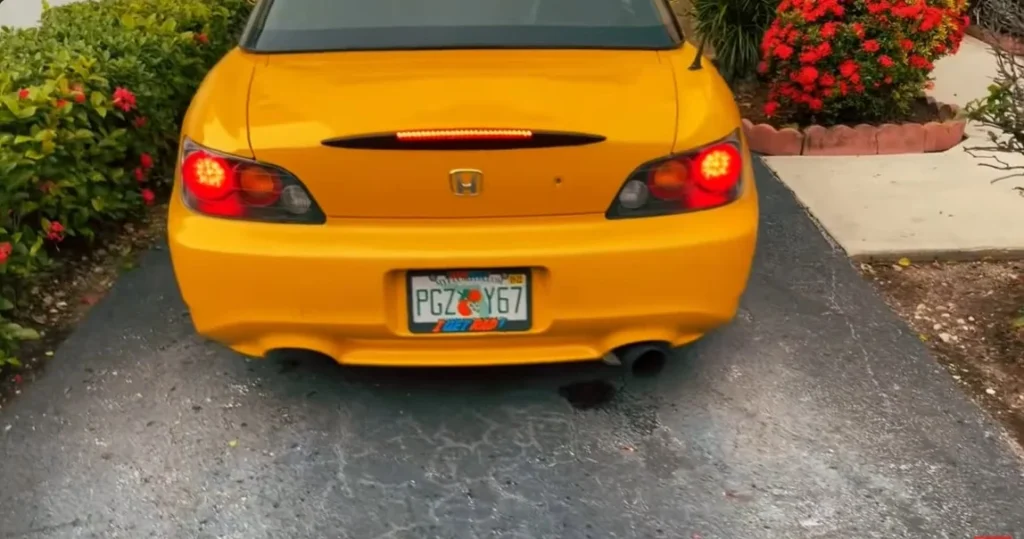
Battery Drain Concerns
One common issue car owners face is car lights staying on after turning off the engine. This problem can cause significant battery drain concerns. Understanding how this affects your vehicle can help you take preventive measures.
Impact On Battery Life
Your car’s battery life is crucial for its overall performance. When lights stay on, they continuously drain the battery. This can lead to a dead battery, leaving you stranded. The constant drain reduces the battery’s lifespan, forcing you to replace it sooner.
Even minor drains can add up over time. This can weaken the battery, making it less reliable. A weakened battery can struggle to start the engine, especially in cold weather.
Preventive Measures
Preventing battery drain is essential for maintaining your car. Here are some steps you can take:
- Check your light settings: Ensure that the lights are set to turn off automatically.
- Inspect the wiring: Faulty wiring can cause lights to stay on. Have a mechanic check it.
- Use a battery maintainer: This device can help keep your battery charged when the car is not in use.
These simple steps can save your battery from unnecessary drain. Regular maintenance checks can identify potential issues early.
By taking these measures, you can ensure your car’s battery remains healthy and reliable. A well-maintained battery will serve you longer and prevent unexpected breakdowns.
Diagnosing Electrical Issues
Car lights staying on after turning off the engine can be a puzzling issue. It’s often linked to electrical problems within the vehicle. Accurate diagnosis is crucial to fixing these problems. Let’s explore some methods to identify electrical issues in your car.
Using A Multimeter
A multimeter is a handy tool for diagnosing electrical issues. It measures voltage, current, and resistance. Follow these steps to use it:
- Set the multimeter to the correct setting (voltage).
- Connect the multimeter probes to the battery terminals.
- Check the voltage reading. It should be around 12.6 volts.
- If the reading is lower, the battery may be faulty.
- Switch the multimeter to measure resistance.
- Test the light circuit for any unusual resistance.
- Note any irregular readings.
Important: Ensure the car engine is off during these tests. Safety first!
Checking Fuses
Fuses protect your car’s electrical circuits. A blown fuse can cause lights to stay on. Here’s how to check them:
- Locate the fuse box. It’s usually under the dashboard or in the engine compartment.
- Refer to the car manual to identify the light circuit fuse.
- Remove the fuse using a fuse puller or pliers.
- Inspect the fuse. A blown fuse will have a broken wire inside.
- Replace any blown fuses with one of the same rating.
A fuse tester can also be used to check fuses without removing them.
Tip: Always keep spare fuses in your car. They come in handy during emergencies.
| Tool | Function |
|---|---|
| Multimeter | Measures voltage, current, and resistance. |
| Fuse Puller | Helps in removing fuses safely. |
| Fuse Tester | Checks fuse condition without removal. |
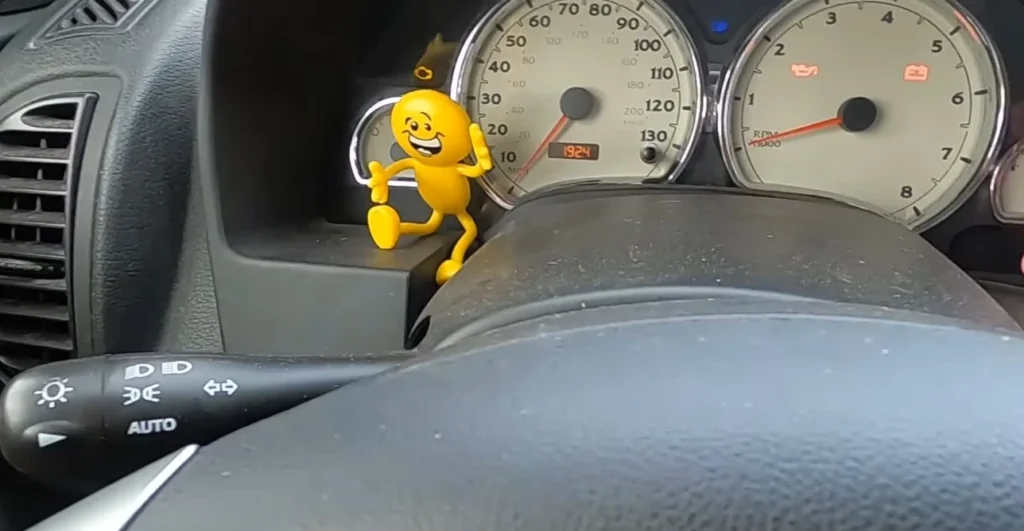
Role Of The Car’s Computer System
Modern cars rely heavily on computer systems. These systems control various functions, including car lights. Your car’s computer system ensures lights turn on and off correctly. If the lights stay on after turning off the engine, the computer system might be at fault.
Ecu Malfunctions
The Engine Control Unit (ECU) is the car’s main computer. It manages many functions, including lights. ECU malfunctions can cause lights to stay on. Faulty wiring or damaged components can lead to these malfunctions.
Here are some common ECU issues:
- Corrupted software
- Loose connections
- Water damage
Each issue can affect your car’s light system. Diagnosing ECU problems requires professional help. A technician can test the ECU and fix any malfunctions.
Software Glitches
Software glitches can also cause car lights to stay on. These glitches occur due to coding errors or updates. Sometimes, a system reset can fix the problem.
Here are steps to reset the system:
- Turn off the engine.
- Disconnect the battery.
- Wait for 10 minutes.
- Reconnect the battery.
If the lights still stay on, the problem might be more complex. In such cases, consulting a professional is necessary.
Inspecting The Light Sensors
Car lights that stay on after turning off the engine can be frustrating. One common cause is issues with the light sensors. These sensors detect ambient light and adjust the car lights accordingly. Inspecting them can often solve the problem.
Dirty Or Damaged Sensors
Light sensors can get dirty or damaged. Dirt or debris can block the sensor, causing it to malfunction. Check the sensors for any visible dirt. Use a soft cloth to clean them gently.
Damage to the sensors can also cause issues. Inspect the sensor for cracks or other visible damage. If the sensor is damaged, it might need replacement.
Sensor Calibration
Sensors need proper calibration to work correctly. Misaligned sensors can cause your car lights to stay on. You can recalibrate the sensors yourself or have a professional do it.
Follow your car’s manual for calibration instructions. Usually, this involves resetting the sensor settings. Calibration ensures the sensor accurately detects light levels.
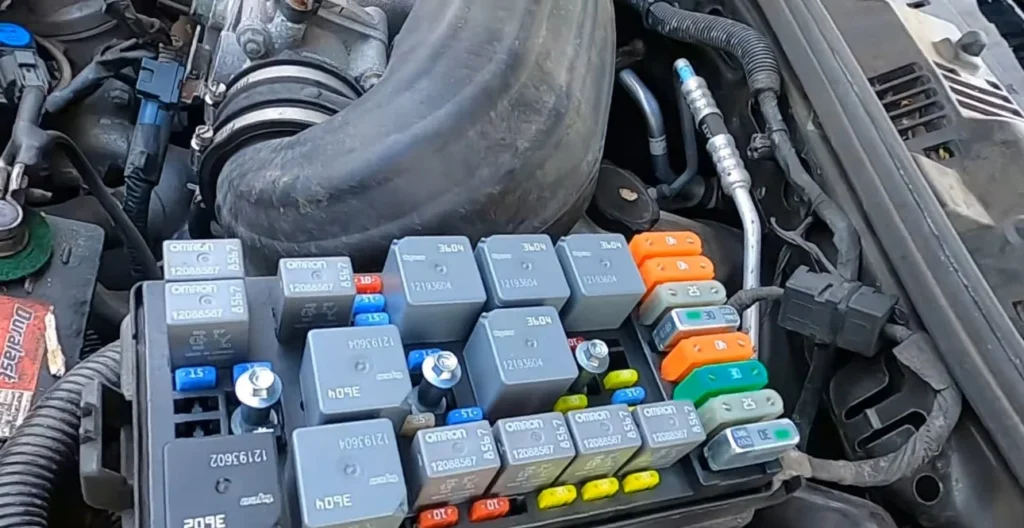
Professional Help Vs. Diy Solutions
Car lights staying on after turning off the engine can be frustrating. Fixing it involves professional help or DIY solutions. Each option has pros and cons.
When To Seek A Mechanic
Some issues need expert hands. Here are signs you need a mechanic:
- Complex Electrical Problems: If the wiring is complicated.
- Persistent Issues: If the lights stay on despite attempts to fix.
- Warranty Concerns: Your car is under warranty.
Professional mechanics have the right tools. They also ensure safety. Trust them for difficult problems.
Safe Diy Fixes
Some problems are simple to solve at home. Here are safe DIY fixes:
- Check the Light Switch: Make sure it’s off.
- Inspect the Door Sensors: Ensure doors are closed properly.
- Disconnect the Battery: Reset the car’s electrical system.
These fixes require no special tools. Follow simple steps. Save time and money.
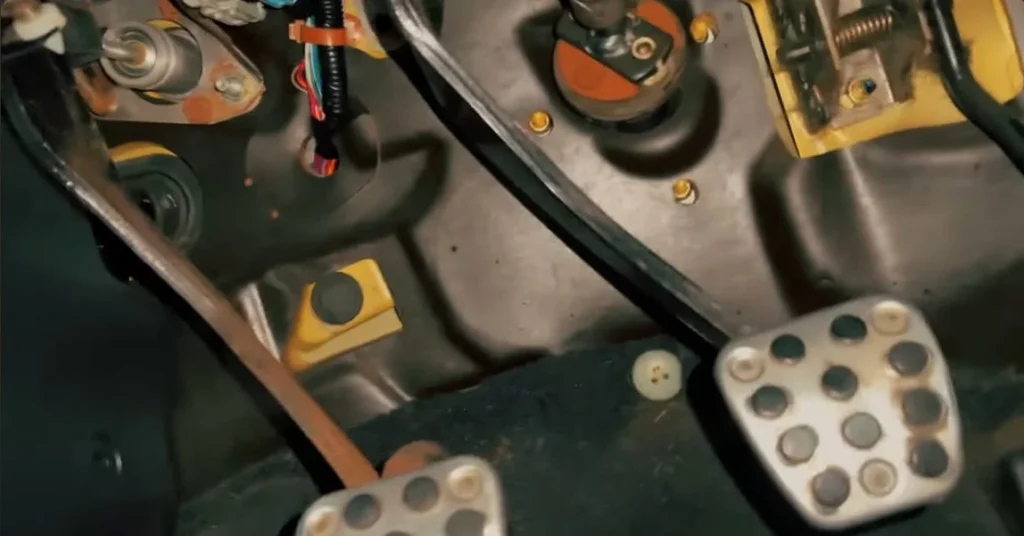
Temporary Fixes While Awaiting Repair
Sometimes, your car lights stay on even after turning off the engine. This can drain your car battery. While waiting for a permanent repair, you can try some temporary fixes. These solutions can help save your battery and keep your car functional.
Disconnecting The Battery
Disconnecting the battery can be a quick fix to prevent battery drain. Follow these steps to safely disconnect your car battery:
- Turn off the ignition and remove the key.
- Open the car hood and locate the battery.
- Use a wrench to loosen the negative terminal clamp.
- Remove the clamp and set it aside safely.
- Repeat with the positive terminal if necessary.
Ensure you reconnect the battery before driving again. This can be a temporary fix until you get a proper repair.
Using A Battery Saver
A battery-saving device can help manage battery usage. These devices can automatically turn off lights and other electronics. Here’s how you can use a battery saver:
- Purchase a reliable battery saver from an auto parts store.
- Follow the included instructions for installation.
- Attach the device to your battery terminals.
- Set the device to monitor your car’s electronics.
This device can help extend your battery life. It can also prevent unnecessary battery drain until you can get repairs.
Preventive Maintenance Tips
Keeping your car lights in check ensures safety and reliability. Regular maintenance helps avoid issues like lights staying on after the engine is turned off. Follow these preventive tips to keep your car’s electrical system in top shape.
Regular Inspections
Conducting regular inspections can prevent many electrical problems. Check your car’s lights and switches often. Look for any signs of wear or damage.
- Check all exterior and interior lights weekly.
- Inspect the battery and connections monthly.
- Ensure switches and relays function properly.
A quick inspection can save you from bigger issues. Always address any faults immediately.
Upgrading Electrical Components
Upgrading certain electrical components can prevent problems. Modern parts are more efficient and reliable.
| Component | Reason for Upgrade |
|---|---|
| LED Lights | More efficient and lasts longer. |
| Modern Relays | Better control and reliability. |
| Quality Wiring | Reduces risk of electrical faults. |
Consider upgrading to LED lights for better efficiency. Modern relays and quality wiring can also reduce problems.
Maintaining and upgrading your car’s electrical system ensures long-term reliability. Follow these tips to keep your car lights functioning correctly.
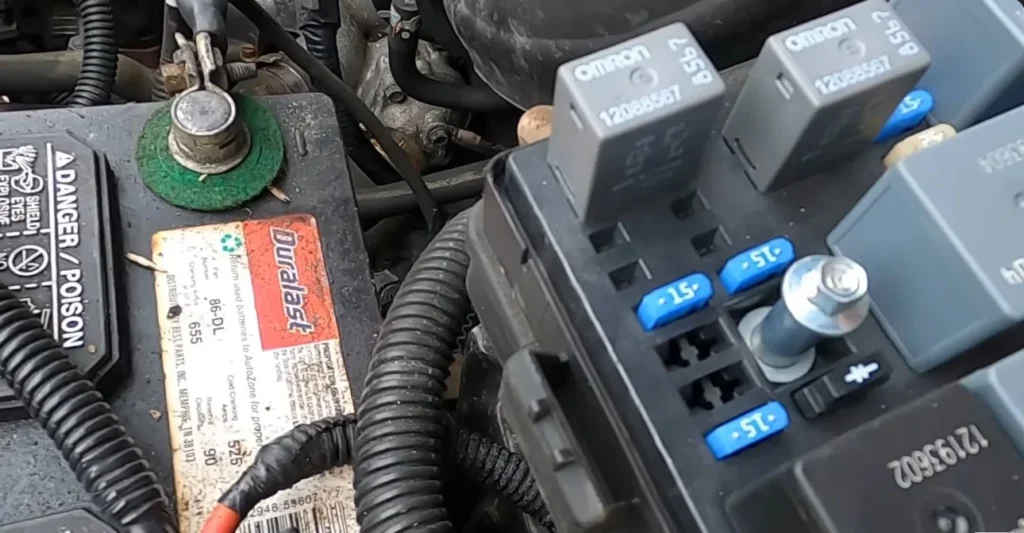
Frequently Asked Questions
Why Do Car Lights Stay On?
Car lights may stay on due to a faulty light switch, relay, or sensor issue.
Can A Dead Battery Cause Car Lights To Stay On?
Yes, a dead battery can sometimes cause electrical malfunctions, making car lights stay on.
How Do I Fix Car Lights Staying On?
Check the light switch, fuses, and relays. If unsure, consult a mechanic.
Is It Safe To Drive With Lights On?
It’s not recommended. It could drain your battery and cause further electrical issues.
What Drains A Car Battery Overnight?
Faulty lights staying on can drain the battery overnight, leading to starting problems.
Could It Be A Wiring Issue?
Yes, damaged or shorted wiring could cause lights to stay on after the engine is off.
Conclusion
Understanding why your car lights stay on after turning off the engine can prevent battery drain. Regular maintenance helps avoid electrical issues. Seek professional advice if the problem persists. Keeping your vehicle in optimal condition ensures safety and longevity. Always address car light issues promptly for a smoother driving experience.


